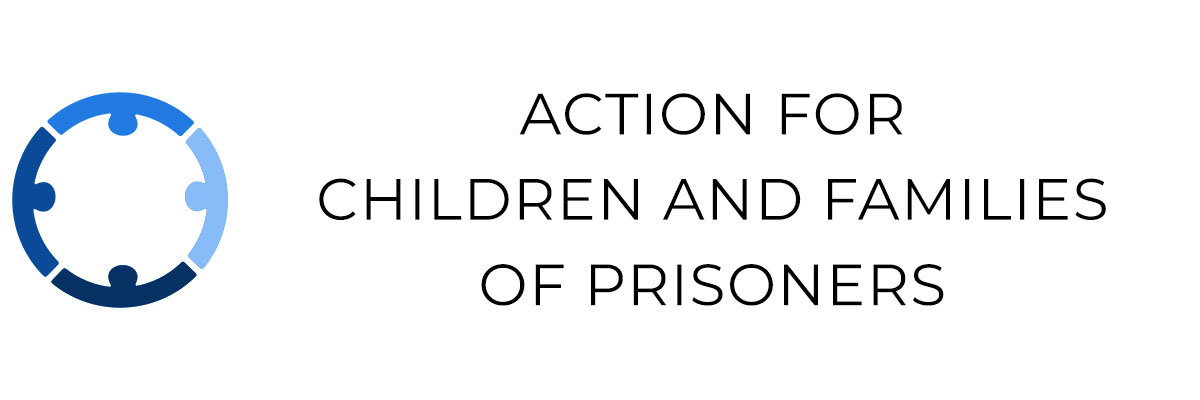The Network made a submission to the consultation on the review of the Prison Rules 2007 (‘the Rules’), with a specific focus on sections of the Rules that relate to the priority work areas of the Network. Below is a brief overview of the issues covered in the submission.
Rules Pertaining to Mothers and Babies in Custody
While prison should only be used as a sanction of last resort, particularly for women who are pregnant or have young babies, in circumstances where a mother ends up in custody with her baby, they should only be accommodated in a unit specifically for mothers and babies and that Rule 17 is expanded to include this.
Rules Pertaining to Letters
The Network recommends that Rule 43 (1), concerning sending and receiving letters, be updated to include a fixed standard timeline for distributing post and parcels. In-person visits and phone calls are short in duration, and it is often difficult for family members to get across all of the information they wish to share in such a short space of time. Letters are key to addressing this issue as there are no limits on the amount of information that can be transferred through letters between people in prison and their family members.
Rules Pertaining to Phone Calls
The Network recommends the removal of language from Rule 46 (1) which provides prison management with the power to allow a prisoner to communicate via telephone with a member of his or her family – “the Governor may permit” and “as the Governor shall determine”.
Family contact is a fundamental right. People in prison should be able to exercise their right to family contact regardless of “availability of facilities” and this right should not be subject to “reasonable limitations as the Governor may impose”. To this end, the Network also advocate for the removal of such language throughout Rule 46.
In accordance with Public Sector Duty, amendments to the Rules around telephone calls should reflect the specific needs of cohorts at risk of discrimination. For example, foreign national prisoners with family members abroad should be entitled in the Prison Rules to additional phone calls as a supplement for the lack of in-person visits.
Rules Pertaining to Visits
The Network are aware that as visits recommence with the easing of COVID-19 restrictions, people in prison are allowed no more than two individuals per visit with a maximum of one child. The Network acknowledge the challenges surrounding infection control but strongly recommends that this number is increased immediately and in line with the practices adopted in similar settings outside of prison (such as nursing homes). To safeguard people’s future entitlements, the Network recommends a number of additions/amendments to Rule 35 pertaining to visits.
The Network also recommends improvements to Rule 36, which balance the safety and security of the IPS with the rights of people in prison and their children and families. This includes:
- The amendment of Rule 36 (1) to ensure visitation is scheduled flexibly with families in mind i.e., outside of school and work hours.
- Amendment to the language of Rule 36 to re-balance the rights of people within the Rule. For example, Rule (36) (7) (b) states that “the Governor may allow physical contact between a prisoner and a visitor when he or she is satisfied that such contact will not facilitate the entry into the prison of controlled drugs or other prohibited articles or substances”. The Network recommends altering the language to ensure that the physical contact is the standard and the withholding of physical contact is the exceptional circumstance.
- Amendment of Rule 36 to ensure that during the visitor search process, the specific needs of the child are prioritised. In this regard, the Network recommends expanding Rule 36 to include a requirement for separate, child-friendly search mechanisms and for staff to be specifically trained in engaging with children in this context.
- Amendment of Rule 36 to acknowledge that if children and families accept and adhere to rigorous security measures on entry to prison, that in turn, they are entitled to high-quality family visits which include physical contact.
Read the submission here.
* The submission was informed by feedback from individual Network members.


Recent Comments